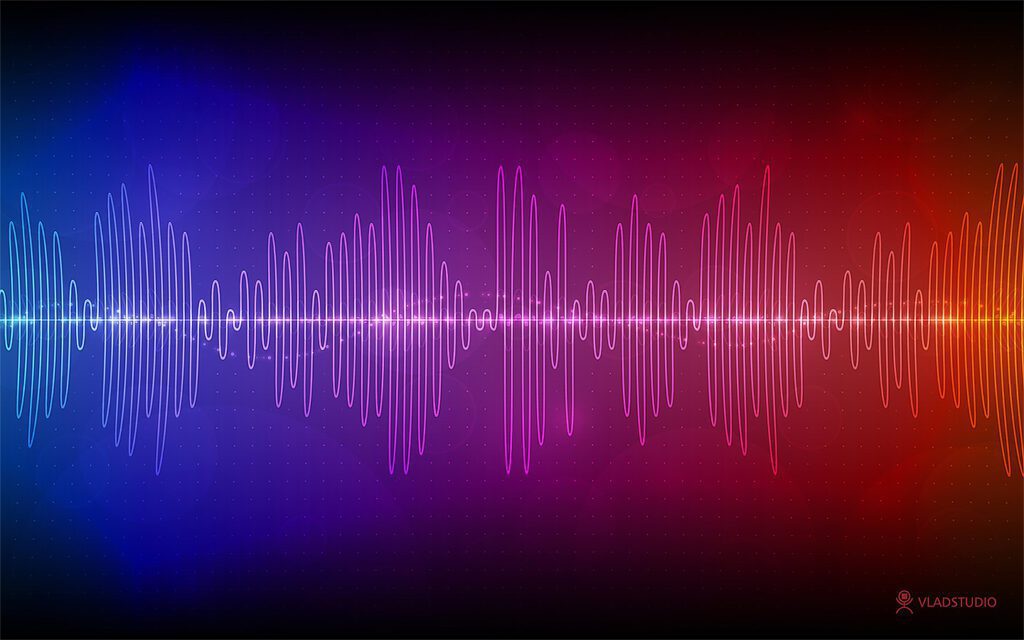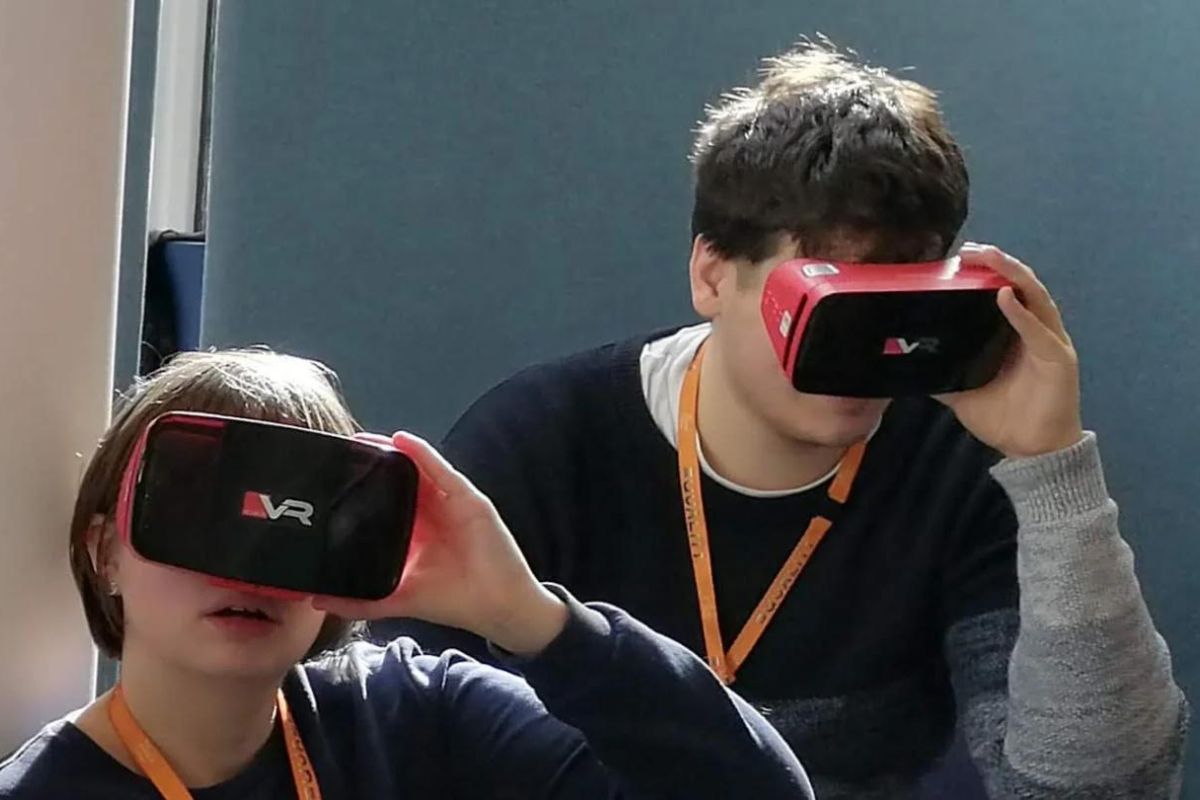Grunting helps personal performance

Results from a recent survey, show 43% of Brits grunt while playing sport and 29% say it helps with their performance. However, why is this the case?
Dr. Victor Thompson, a Clinical Sports Psychologist, explains:
“If there is a forceful exhalation of air at the same time that the core abdominal muscles engage it may give more power. This is why in sports where maximal power is required—such as shot put or javelin—there will always be a grunt.”
Biology
Grunting is a useful tool for athletes and if used correctly it can enhance performance. It allows a person to release more force, while sustaining energy, and increases muscular activity.
Alison McConnell, a Professor in Sport/Health Science at Bournemouth University, says:
“In tennis, when a player inhales before each shot, the tension from that inflation of the lungs stabilises the body’s core. This pneumatic pressure inside the trunk optimises the shot and then when players release, the air doesn’t destabilise the body. This is because the air flow is restricted by their larynx and vocal chords and reacts like squeezing the neck of a balloon.”
This tool is often used in sport, especially tennis, and ahead of the US Open 2018, other experts seem to believe grunting is key.
Psychology
It has been proven that grunting helps personal performance, but it has often been said (71% of Brits agree) that it can be distracting to the opponent. When looking more closely into the psychology of noise during sport, results show it is off putting.
For example, one recent study explored the detrimental effects of grunting on reflexes. The experiment showed participants videos of a tennis player hitting a ball to either side of a tennis court and each person was asked to indicate where the shot would land. Half the videos were shot in silence, while the other half had a brief sound, and led to clear results.
“The presence of an extraneous, jarring sound interfered with a participant’s performance, making responses both slower and less accurate. Sound caused study subjects to respond 21 to 33 milliseconds slower, and they were 3 to 4 percent less accurate at predicting where the ball was going. Over the course of a tennis match, these little things add up.”












Responses